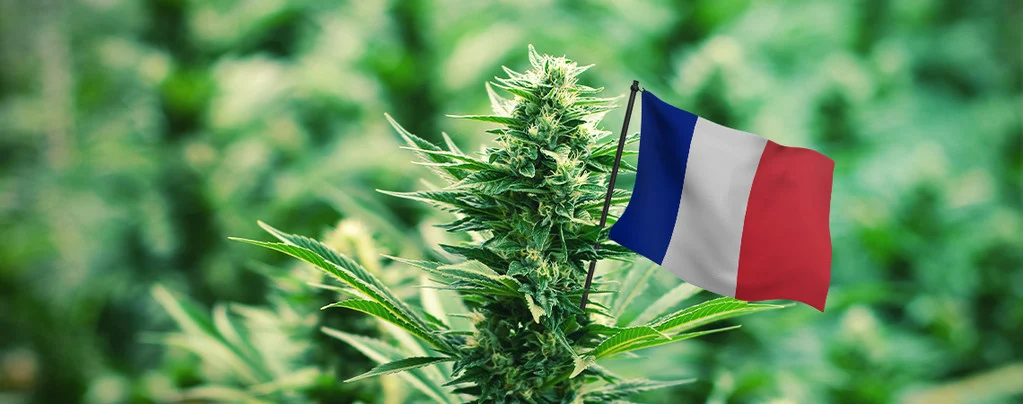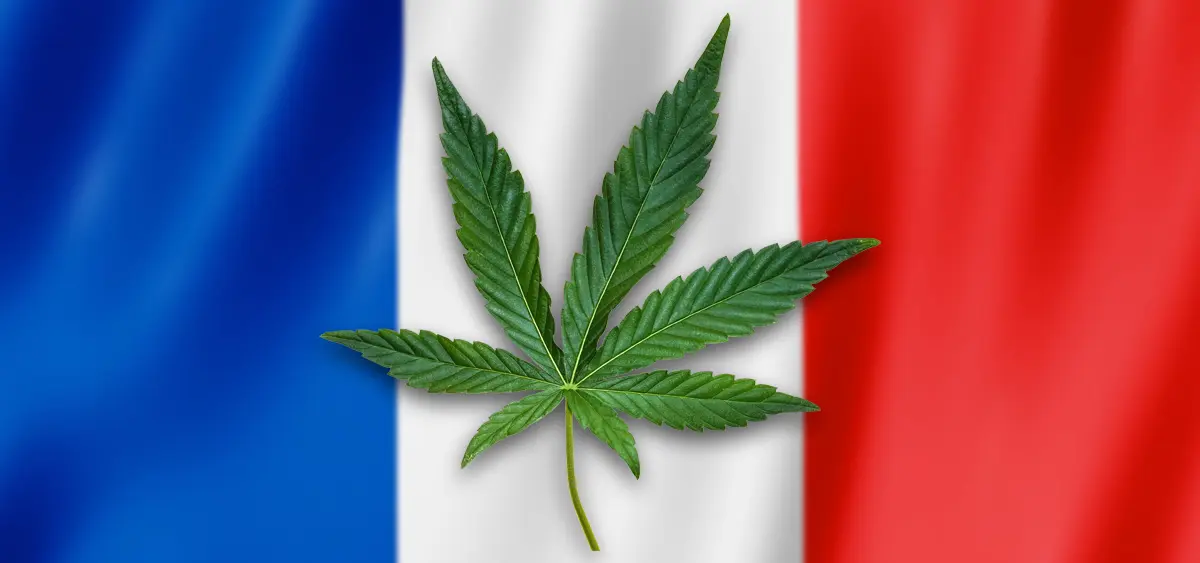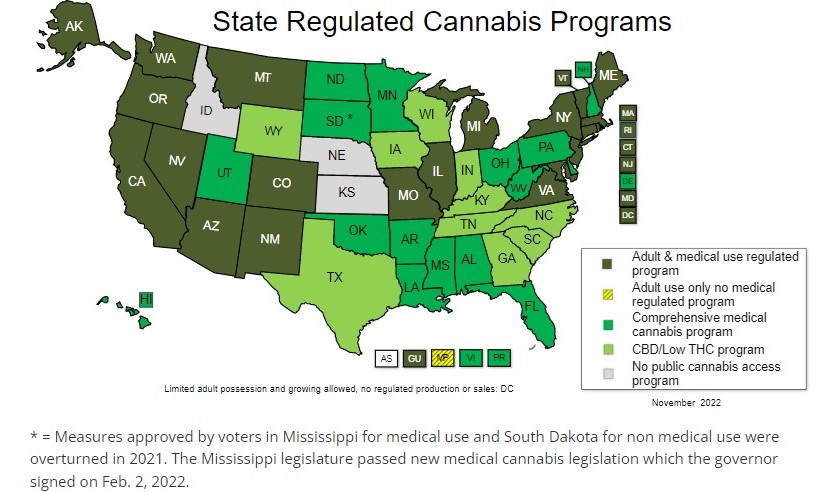A Century-Old Story:
A hundred years ago, the Napoleonic campaigns boosted the opium and hashish trade from China and Egypt. Opium soon found its way to cities like Toulon and Marseille, and quickly became popular in Paris and Lyon.
Cannabis in French Culture:
Famous French writers like Charles Baudelaire, Arthur Rimbaud, and Théophile Gautier were avid users of opium and hashish. They wrote about their experiences, making these substances fashionable among intellectuals. Even notable figures like Victor Hugo and Alexandre Dumas joined the ‘Club des Hachischins,’ a Parisian group dedicated to exploring these drugs’ effects.
World War I and Drug Regulation:
During World War I, opium and morphine were widely used as pain relievers, leading to high addiction rates among soldiers. In response, France banned the import, production, and consumption of these substances, including marijuana, in 1916. The laws were further strengthened in 1922 and 1939, making them some of the strictest in Europe. Critics argued that these laws infringed on personal freedoms.
The 1968 Revolution and Cannabis:
May 1968 was a turning point, marked by student revolts and a massive general strike involving over nine million people. Linked to the hippie movement, these protests called for cannabis decriminalization. The cannabis leaf became a symbol of this revolutionary period. However, the right-wing government under Georges Pompidou responded with stricter laws, including the 1970 Act, which remains the basis of today’s legislation.

Current Cannabis Laws in France:
France still has some of Europe’s most restrictive cannabis laws. Medical cannabis is limited to Sativex, a drug for multiple sclerosis patients. The 2013 Public Health Decree allows cannabis-based medicines but not medical cannabis itself. Simple consumption can lead to one year in prison or a fine of up to 3,750 euros. Trafficking can result in 20 years of imprisonment or fines up to 7.5 million euros.
Cannabis Use in France:
Despite strict laws, cannabis is highly popular in France. Studies show it is the most commonly used illicit substance, with significant use among minors. France has one of the highest rates of cannabis consumption, with 500,000 regular users and over three million occasional users. However, public opinion is divided: 55% oppose decriminalization, while 44% see prohibition as a violation of individual freedoms.
Political Stalemate:
For decades, the French government has maintained its stance against cannabis legalization. Some politicians have advocated for change, but their efforts have been unsuccessful. Only a few parties, like Cannabis Sans Frontières and the Cannabis Social Club movement, openly support legalization, but they have limited electoral influence.
Future Outlook:
While social progress seems inevitable, cannabis remains tied to a libertarian and rebellious image. Optimists believe political courage could accelerate change, but for now, it appears France will continue its strict stance on cannabis.
Ref : https://www.dinafem.org/en/blog/cannabis-prohibition-france/



